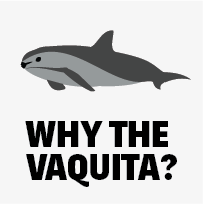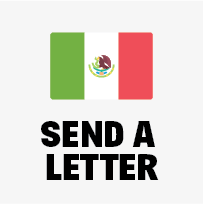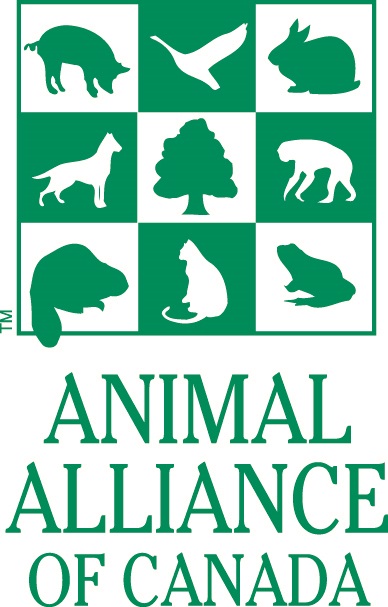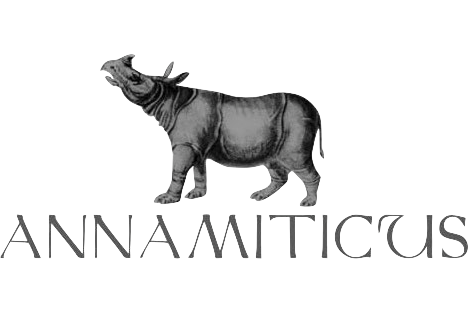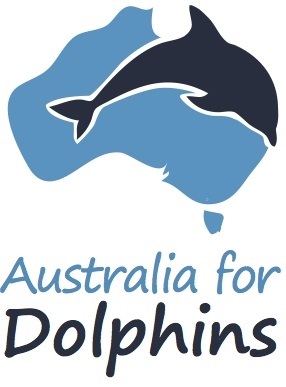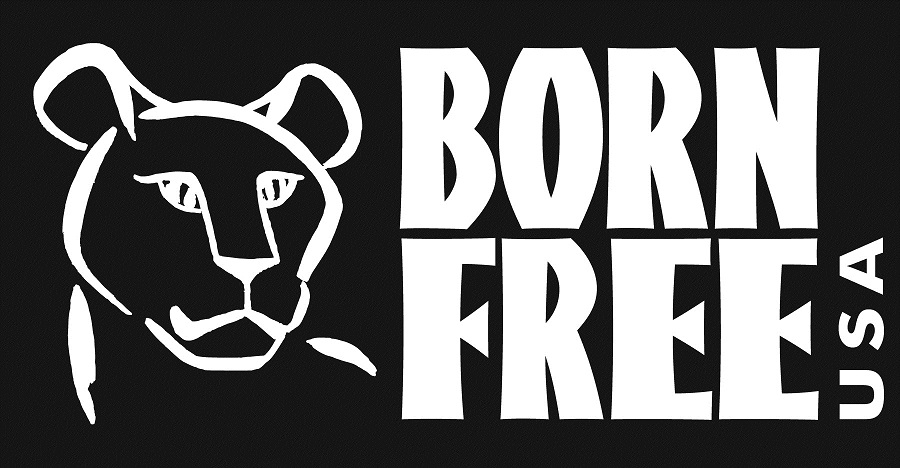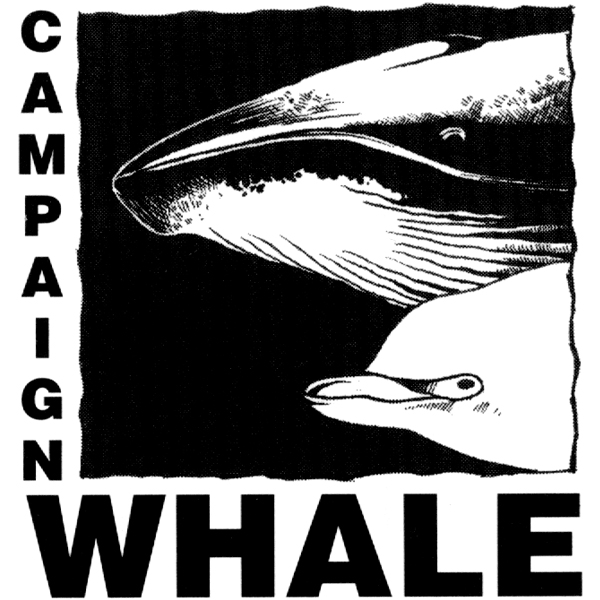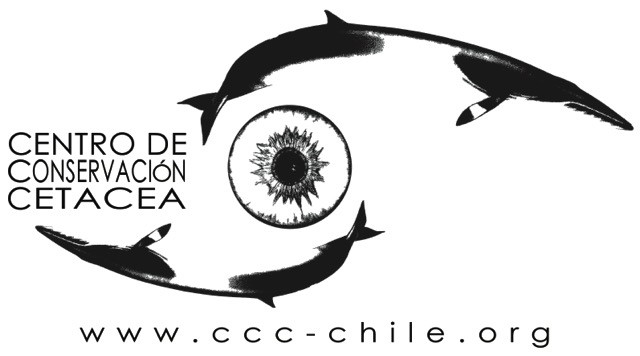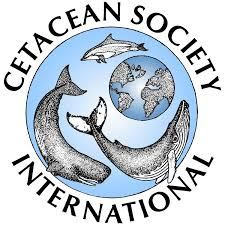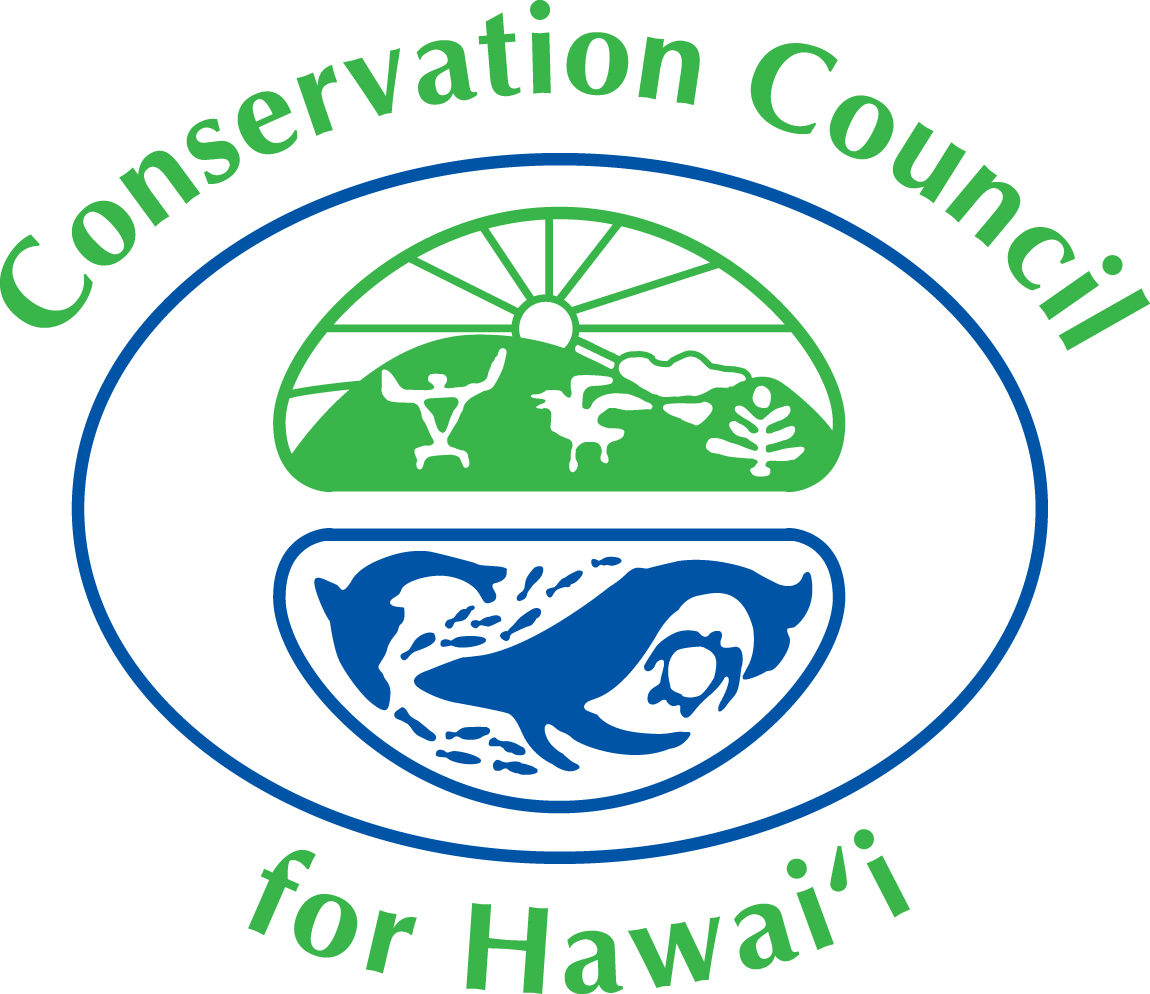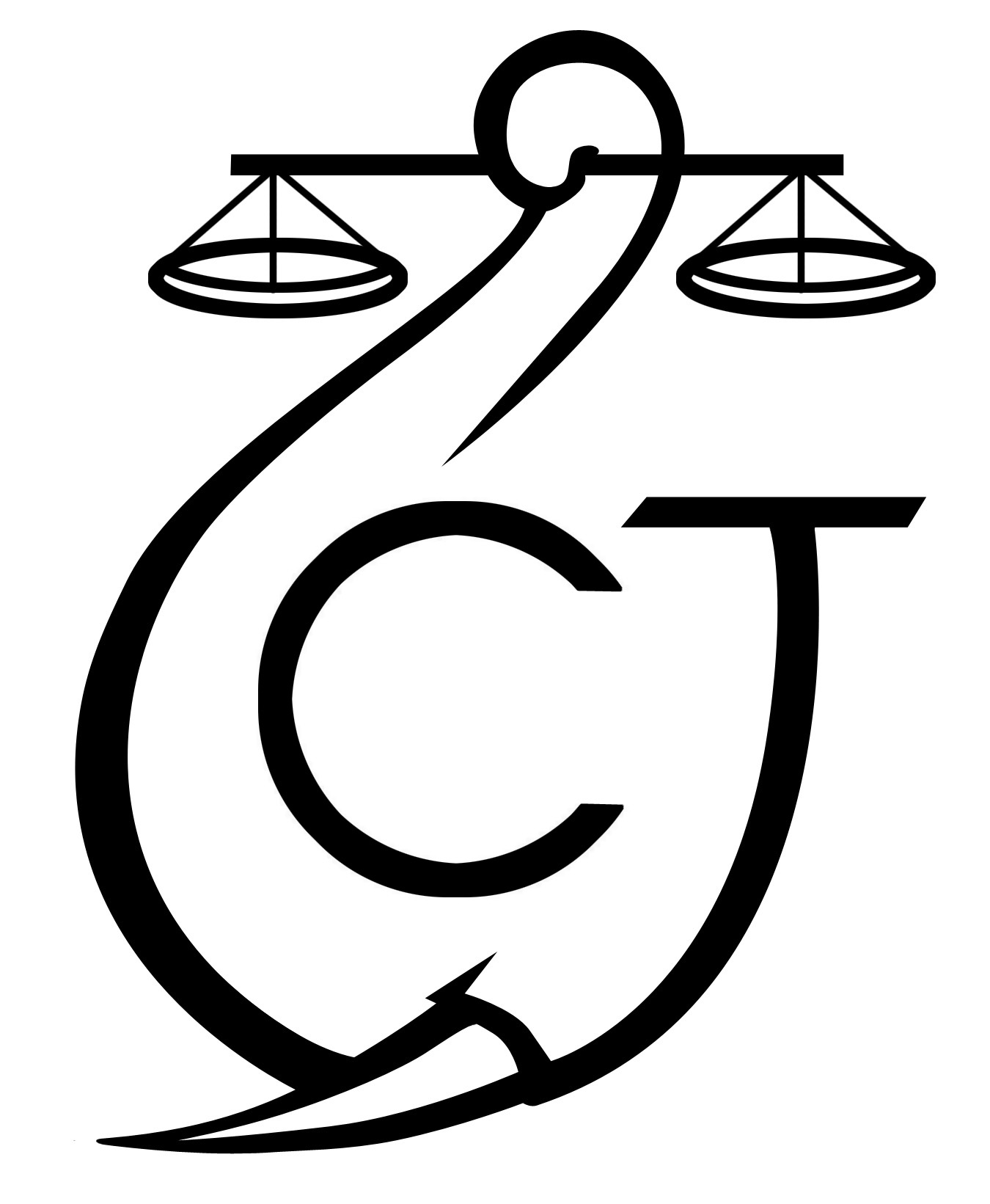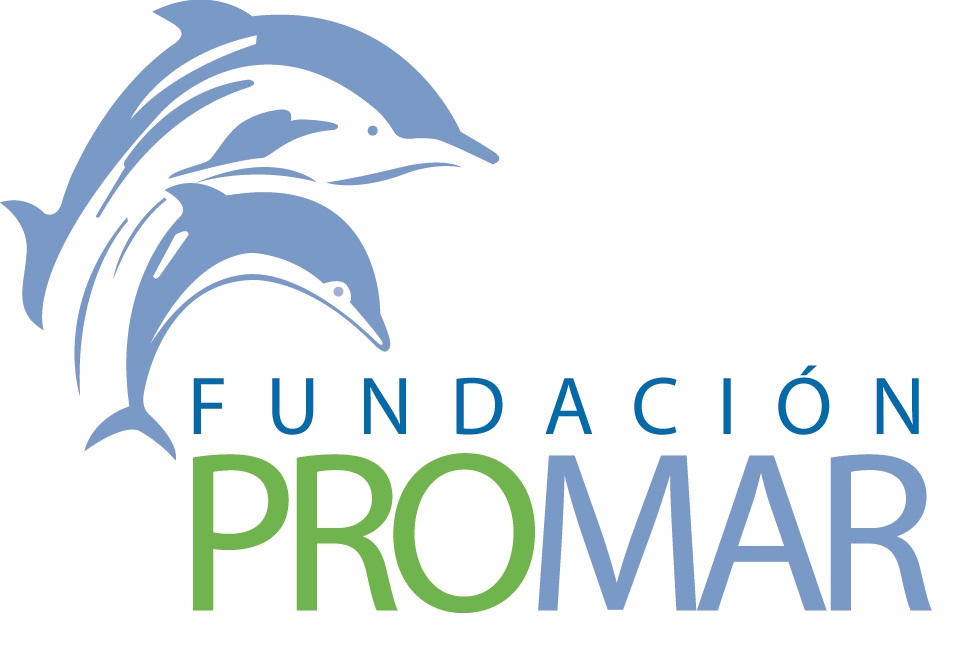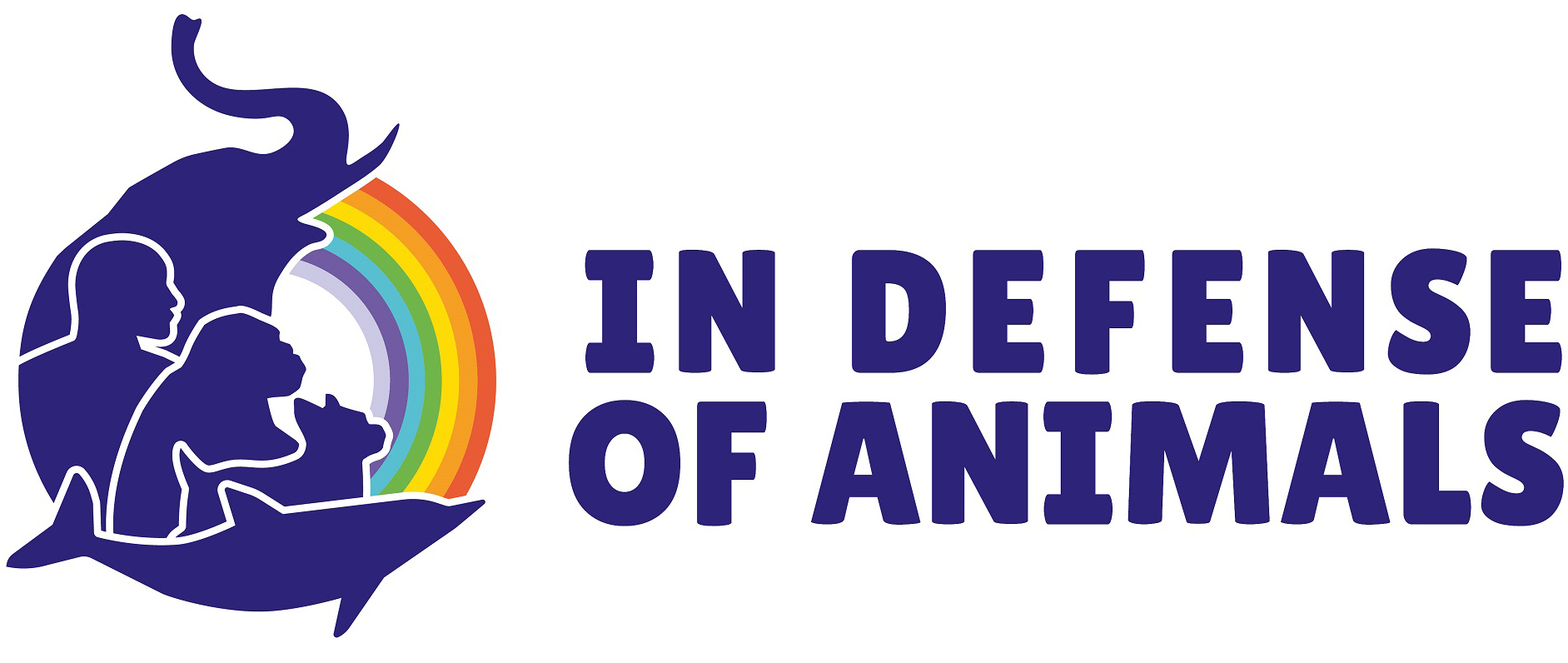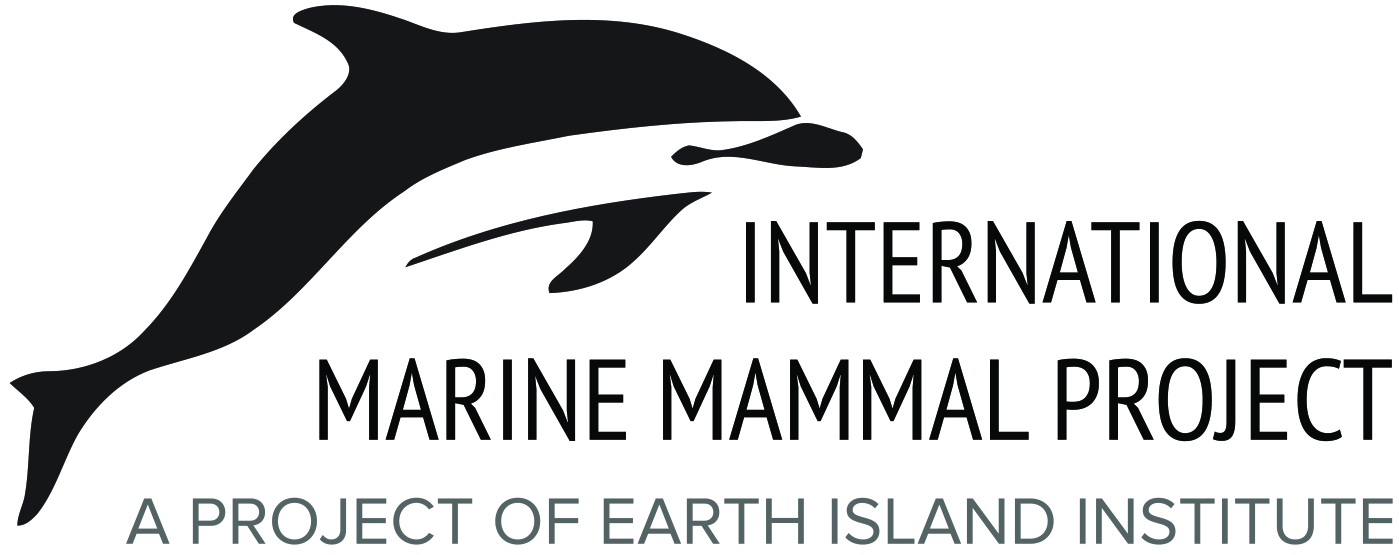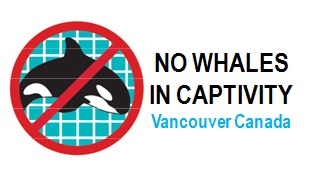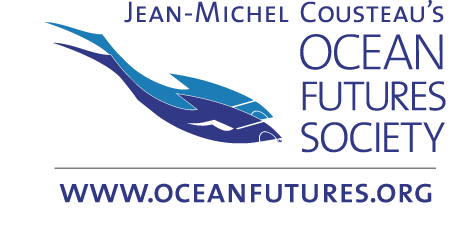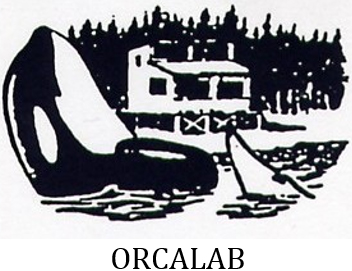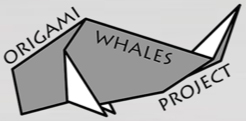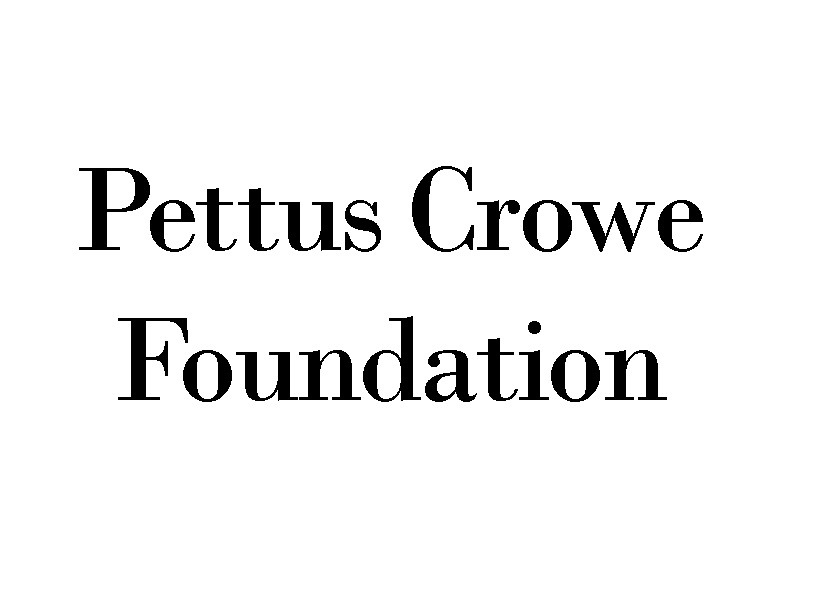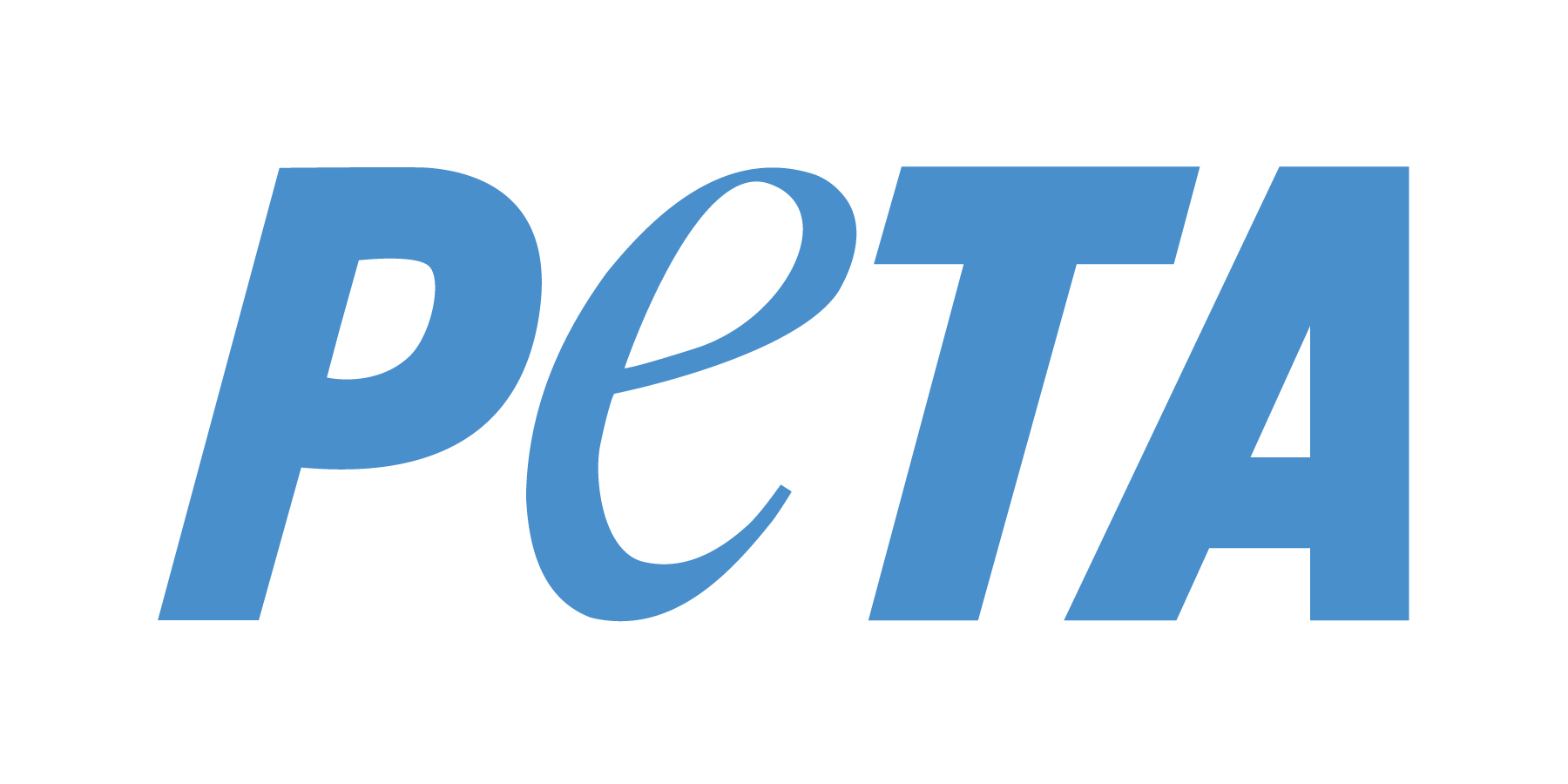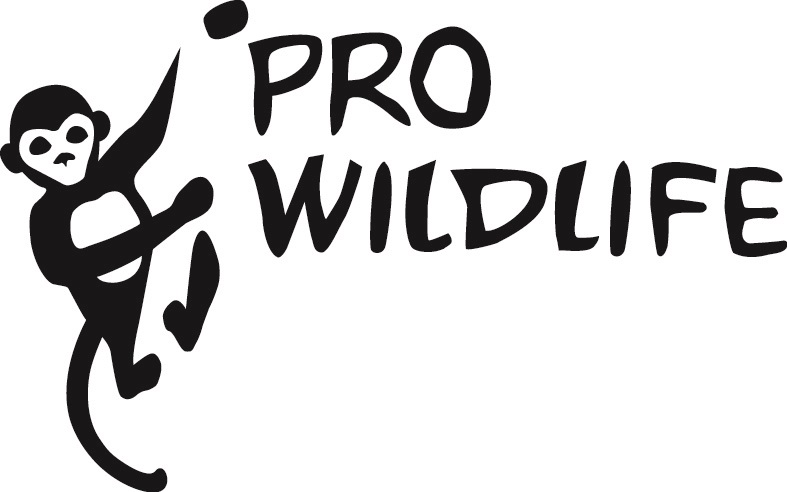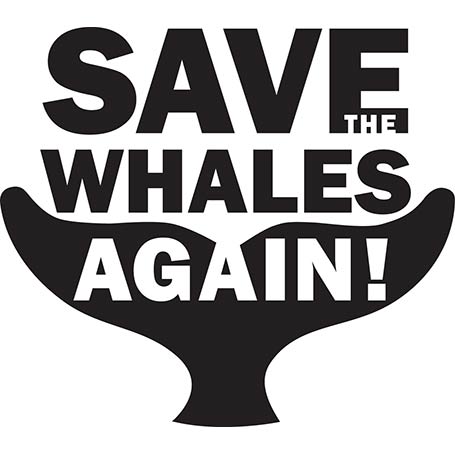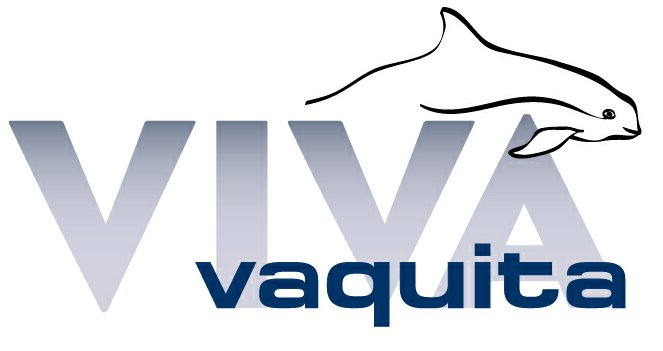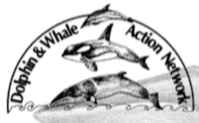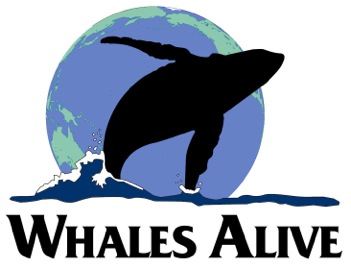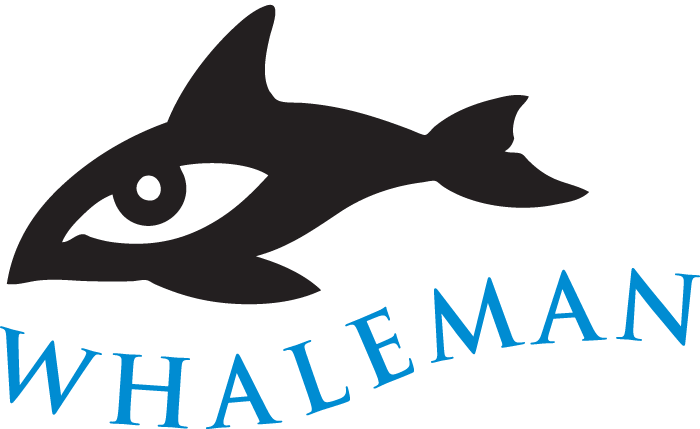Background
The Vaquita's Disturbing Decline
The vaquita is the world's smallest and most endangered porpoise, living in only one place on Earth—Mexico's northern Gulf of California.
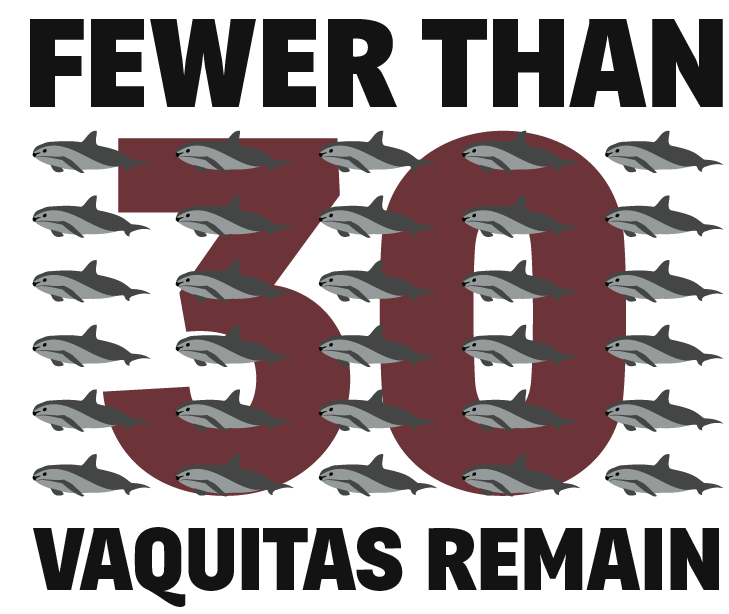
Only 30 vaquita remain. Half the vaquita population was lost between 2015 and 2016 alone. At this rate, the vaquita may be extinct by 2019—just 2 years from now.
Vaquita face one major threat: entanglement in gillnet fishing gear. Gillnets are nets that hang down between two buoys and snag nearly everything that swims by, including vaquita. For decades, these nets were used in the Gulf to catch shrimp, supplying the lucrative market in the United States.
From 1990 to 2010, the Mexican shrimp industry was primarily responsible for the loss of over 70 percent of the vaquita population, as the number of vaquita dropped from 700 individuals to just 200.
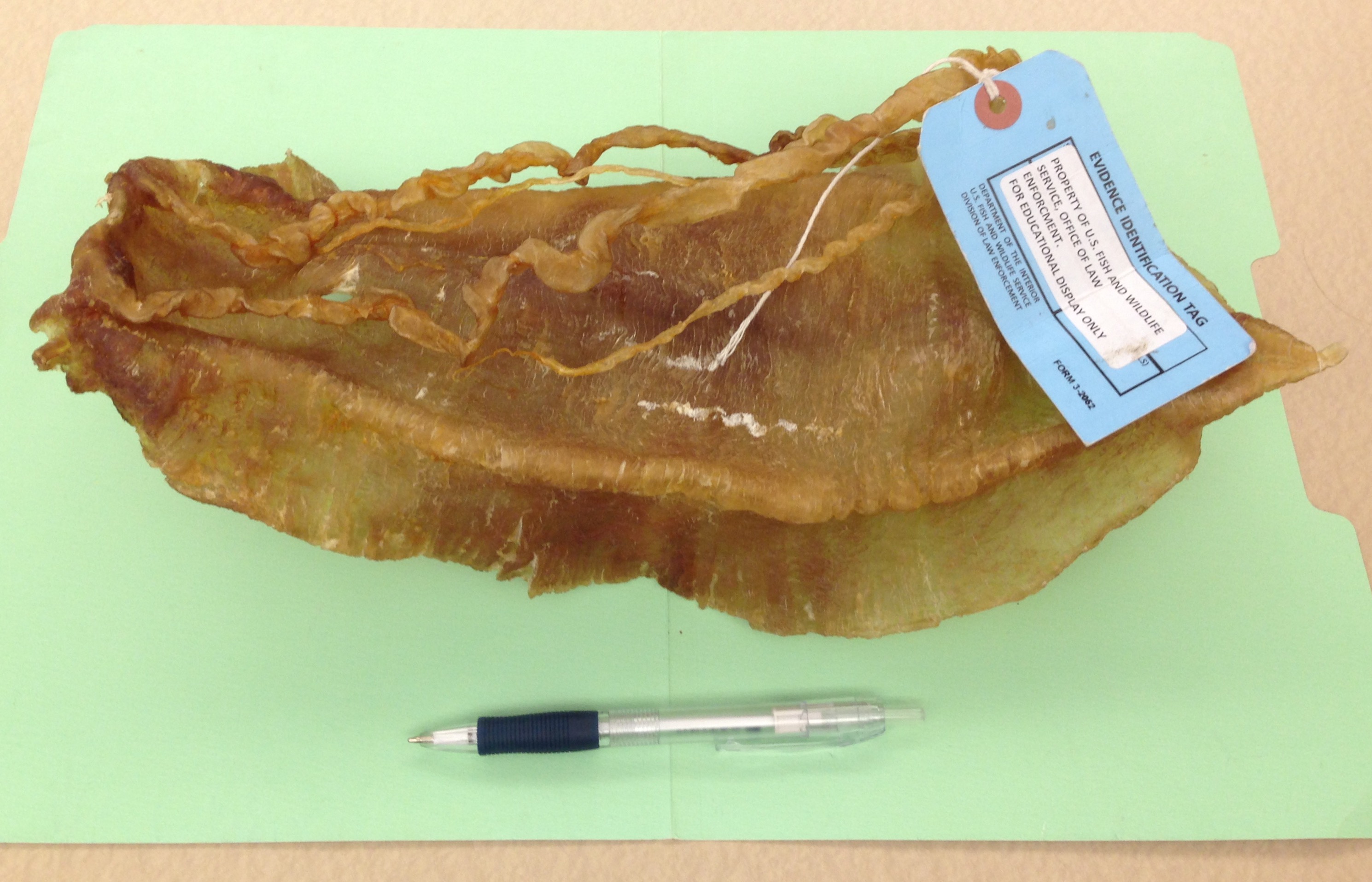
By 2010, another problem emerged. Fishermen in the Gulf also began illegally setting gillnets to catch totoaba, a large fish that is itself endangered. Demand for the totoaba's swim bladder—which is used in China for soup perceived to have medicinal benefits—skyrocketed. A single bladder sells for astronomical prices, with some fetching up to $50,000. The vaquita population continued to plummet as a result, and by 2015, there were only 60 vaquita left.
As of November 2016, only 30 vaquita remain. If this decline continues, our planet will lose the vaquita forever by 2019.
Mexico's Failed Response
Reports and helpful documents:
CIRVA reports I, II, III
CIRVA report IV
CIRVA report V
CIRVA report VI
CIRVA report VII
CIRVA report VIII
Taylor 2016
Jaramillo-Legoretta 2016
Rojas-Bracho 2006
Rojas-Bracho 2013
Center Pelly petition
Center Pelly notice letter
AWI + Center WHC petition
EIA Collateral Damage
EIA Dual Extinction report
Over the past 25 years, Mexico has proposed numerous plans to limit gillnet fishing and "save" the vaquita, including in 1993, 2005, and 2008.
Each plan ultimately failed due to Mexico's lax enforcement efforts.
In April 2015, Mexico issued a new, two-year ban on most gillnet fishing in vaquita habitat. Once again, enforcement has been dismal.
In March 2016, three vaquita were found dead due to gillnet entanglement. Many more likely died without being recovered. In late 2016, the Mexican government, Sea Shepherd Conservation Society, and Gulf fishermen conducted a 21-day search of a small portion of the upper Gulf. The search revealed 136 pieces of abandoned fishing gear, including 36 illegal totoaba gillnets and 36 illegal shrimp gillnets. In February 2017, 22 illegal nets were recovered, along with 16 dead totoaba, all with their swim bladders removed. In addition, 14 dolphins, a Bryde's whale, and other marine species were killed.
Recently, shrimp vessels have been caught fishing illegally in a vaquita refuge. And a loophole in the gillnet ban allowing continued gillnet fishing for corvina caused a spike in illegal totoaba fishing. Totoaba fishermen use the legal corvina fishery as cover for their illicit activities.
Most disturbing, Mexico recently indicated it may lift the gillnet ban in April 2017. That would be a death knell for the vaquita.
Take A Stand
The Boycott Mexican Shrimp campaign asks YOU to send the strongest possible message to the Mexican government:
Act now or lose the vaquita forever.
What You Can Do
Make your voice heard through your purchasing decisions and by contacting key Mexican decision-makers. Boycott Mexican Shrimp!
Scientists, experts, and citizens from around the world are calling on Mexico to
- permanently and immediately ban all gillnets in vaquita habitat,
- drastically step up enforcement on the water and at Mexico's borders, and
- remove all illegal nets from the Upper Gulf of California.
But Mexican officials haven't listened, even as the vaquita slips ever closer to extinction.
The Boycott Mexican Shrimp campaign asks you to send the strongest possible message to the Mexican government: Act now or lose the vaquita forever.
Good News: The Boycott Mexican Shrimp Coalition would like to thank Trader Joe's for its recent decision to stop purchasing shrimp from Mexico. We are also appreciative of the Monterey Fish Market, a seafood retail and wholesale company based in California, for pledging its support for our campaign. In their message, the company stated that it "supports the boycott and fully supports the survival of the vaquita porpoise."
1
Don't Buy Mexican Shrimp
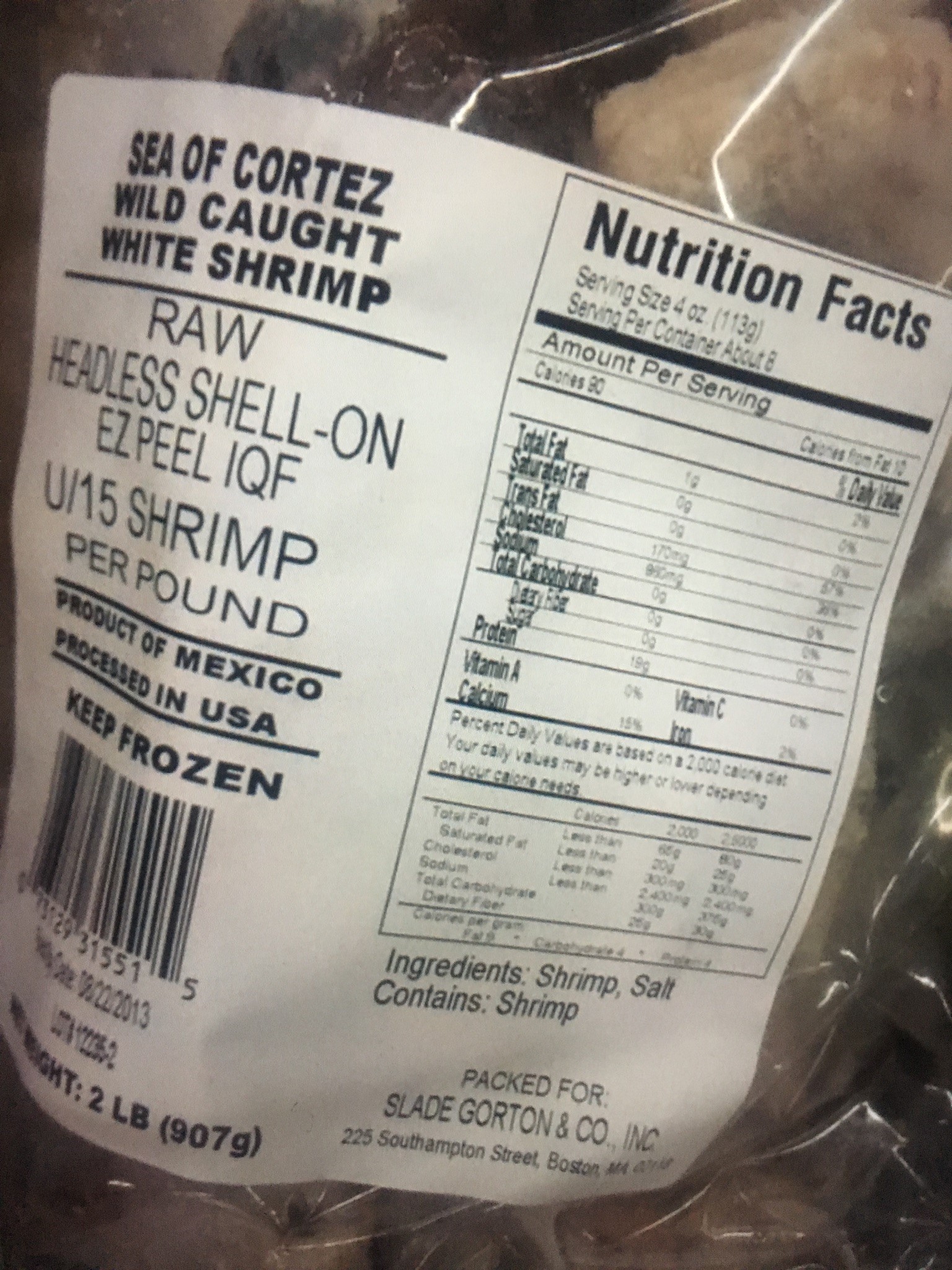
You can find the origin of the shrimp by looking on the back label. Shown here, Wild Caught White Shrimp by Slade Gorton: "Product of Mexico."
1. If you see shrimp for sale, check labels to ensure that the shrimp is not from Mexico. If you aren't sure, ask your local supermarkets, fish markets, or wholesale clubs to verify that they don't sell Mexican shrimp. If you see shrimp on a restaurant menu, ask if the shrimp is imported from Mexico. If any establishment has questions, refer them to the BoycottMexicanShrimp.com website. If they cannot guarantee that their shrimp is not from Mexico, don't make the purchase.
2. Write and ask seafood companies for an assurance that their shrimp products are not from Mexico; suggested language can be found here. If the company has a Facebook page, consider posting a message on it asking the company to stop purchasing shrimp from Mexico. You can find a list of seafood retailers that have purchased shrimp from Mexico, along with their website links, in action two below.
3. Take the pledge that you won't buy Mexican shrimp until Mexico ensures deadly gillnets are out of the vaquita's habitat, and the vaquita population is recovering.
4. Share this campaign with your friends and family and ask them to Boycott Mexican Shrimp, too. You can download this flyer to share (print the PDF double-sided and cut the paper to have 3 flyers per sheet). Also, make sure to share your support of this campaign on social media, including Twitter and Facebook.
2
Contact Companies That Buy Mexican Shrimp
The Boycott Mexican Shrimp campaign has identified the following companies that have sold Mexican shrimp recently:
The Boycott Mexican Shrimp campaign has asked these companies to stop purchasing Mexican shrimp, but we need your help to ensure that they do the right thing, and help stop the extinction of the vaquita. Please send the companies a letter asking that they cease to buy and sell shrimp from Mexico You can find a prepared letter to send by clicking here.
3
Urge the Mexican Government to ACT
Please write to Gerónimo Gutiérrez, Mexico's ambassador to the United States, and Carlos Manuel Sada Solana, under secretary for relations with the United States, politely expressing your concern about the vaquita and your commitment to boycott Mexican shrimp until Mexico takes real action to save the vaquita. You can send your letter to both officials by using this form (suggested language is included, English is fine, adding a personalized message helps), or email them at mexembusa@sre.gob.mx and cmsada@sre.gob.mx or by mail at:
Gerónimo Gutiérrez
Ambassador
The Embassy of Mexico
1911 Pennsylvania Avenue, NW
Washington, DC 20006
Carlos Manuel Sada Solana
Subscretario Para America Del Norte
Secretario de Relaciones Exteriores
Plaza Juárez 20,
Col. Centro, Ciudad de México. C.P. 06010
Take The Pledge
Take the pledge that YOU won't buy Mexican shrimp until Mexico ensures deadly gillnets are OUT of the vaquita's habitat, and the vaquita population is recovering.
Pledge to not eat shrimp from MexicoMexican Shrimp Boycott Campaign Questions and Answers
What is a vaquita and why is it near extinction?
The vaquita is a critically endangered species of porpoise that is found only in Mexico's Upper Gulf of California. In 1990, there were an estimated 700 vaquitas. Today, there are fewer than 30. Vaquita have declined precipitously primarily because they are caught in gillnets used by the shrimp industry and by fishermen illegally capturing totoaba. While Mexico instituted a two-year ban on gillnets in 2015 to reduce bycatch mortality of vaquitas, they continue to die due to entanglement. Mexico's failure to enforce fishing regulations is one of the key reasons for the decline. Shrimp vessels, for example, continue to fish in the Vaquita Refuge Area, a no fishing zone.
What is a totoaba and how is it linked to the plight of the vaquita?
The totoaba is a critically endangered large marine fish endemic to only the Gulf of California. During certain times of the year its range overlaps with the range of the vaquita. Commercial fishing for the totoaba was prohibited in 1975 due to dwindling numbers. Totoaba poaching has been a problem for decades, but it has escalated significantly over the past several years in order to satisfy the demand for totoaba swim bladders in Asia, where the bladders are believed by some (despite no evidence) to have medicinal properties. Illegal fishing for totoaba involves the use of large gillnets that entangle and kill vaquitas.
If there are so few vaquitas left, can the population recover?
There have been other species of marine mammals that have recovered from equally low population numbers. For example, the northern elephant seal had been hunted to near extinction, and by the late 19th century, some estimates put the population as low as 20 individuals. Mexico officially protected the species in 1922, and the United States followed suit. The population now numbers well over 100,000 individuals.
Why are you asking people to boycott Mexican shrimp?
Mexican shrimp is an important and lucrative export product to the United States, which is the leading buyer. In 2016, the United States imported millions of tons of shrimp from Mexico valued at more than $274 million. The shrimp industry played a primary role in the vaquita's decline over several decades, and a boycott of all Mexican shrimp is urgently required to compel the industry to help save the animal. We are hoping that the boycott will encourage the industry to join in the demands that the Mexican government significantly expand its efforts to save the species, and that the industry will collaborate in such efforts. Not all Mexican shrimp products come from the Gulf of California, but only by boycotting all Mexican shrimp is the industry likely to help save the vaquita.
How do I know if shrimp in my supermarket or on a restaurant menu is from Mexico?
Seafood products sold in supermarkets must include the country of origin on the product packaging. If you can't find this information on the packaging, ask store personnel to determine the country of origin of the product. In a restaurant, ask your server about the country of origin of any shrimp item on the menu and, if they won't or can't answer your question, then order another menu item. If you see shrimp at workplace and college cafeterias, please ask the food service manager about the origin of the product. Refer store personnel, servers, and service managers to the BoycottMexicanShrimp.com website if they have questions.
What other efforts are being made to save the vaquita?
Government agencies (including in Mexico) and nongovernmental organizations are making efforts to save the vaquita. This includes net retrieval and removal programs, development and testing of alternative fishing gear, alternative livelihoods training, enforcement training workshops, high level governmental meetings, adoption of resolutions and decisions through international treaties and other forums, submission of administrative petitions, and pursuit of legal actions. To date, however, none of these efforts have prevented the vaquita's rapid descent toward extinction, making the boycott campaign even more important and urgent.
Is the Mexican government doing enough to save the vaquita?
No! The evidence shows that Mexico is failing to save the vaquita. In 2010, the vaquita population was declining at a rate of 4.5 percent a year. Six years later, the decline rate approached 50 percent. Mexico's plans are not working—particularly in regard to combatting illegal fishing, and ensuring compliance with relevant regulations. For example, during only 46 search days between December 15, 2016, and March 5, 2017, nearly 110 illegal fishing nets were retrieved from a small area in the Upper Gulf of California, including within the Vaquita Refuge Area. In addition to a large number of totoaba nets, 16 shrimp/curvina nets were found, most of which were actively fishing.
Those nets caused the death of over 300 marine animals, including totoaba, sharks, rays, guitarfish, dolphins, sea lions, seabirds, and a sea turtle. Other dolphin carcasses and a dead Bryde's whale have been found with injuries consistent with net entanglements and, in mid-March 2017, a dead vaquita calf was found dead and there were unconfirmed reports of two dead adult vaquita. Simply put, there is practically no enforcement of fishing prohibitions in the Upper Gulf, giving poachers virtually free rein in these waters.
What must be done to prevent vaquita extinction and promote species recovery?
The Mexican government must enforce a permanent ban on gillnets in the Upper Gulf, prohibit all fishing in and near the refuge, substantially increase multi-agency law enforcement efforts to combat illegal fishing, impose stronger penalties against fishermen violating Mexican law, and implement a sustained and comprehensive net retrieval and removal program.
How long will the boycott of Mexican shrimp last?
We will not end the boycott until we are assured that the vaquita and its habitat are fully protected, illegal fishing is eradicated, and the vaquita population demonstrates substantive signs of recovery.
Where can I get more information about the campaign to boycott Mexican shrimp?
The best source for campaign material is http://BoycottMexicanShrimp.com. If you have additional questions, please send them to vaquita@awionline.org.
How else can I help save the vaquita?
There are many ways you can help save the vaquita. Please take the pledge not to purchase Mexican shrimp products and make sure, when shopping or dining out, to not buy Mexican shrimp. Then, take action to share your concern about the plight of the vaquita and the need for the Mexican government to do far more to save the species. Finally, share the BoycottMexicanShrimp.com website link with your friends, relatives, and colleagues and encourage them to act. And remember to routinely check the website to learn about new ways that you can help save the vaquita.
How else can I help save the vaquita?
Please take the pledge not to purchase Mexican shrimp products and make sure, when shopping or dining out, to not buy Mexican shrimp. Then, take action to share your concern about the plight of the vaquita. Finally, share the BoycottMexicanShrimp.com website link with your friends, relatives, and colleagues and encourage them to act.
Recent News and Updates
Links to articles about the Vaquita and this campaign
October 12, 2017: Trader Joe’s declares it will stop buying shrimp from Mexico. The popular grocery store chain’s decision follows pressure from organizations behind the Boycott Mexican Shrimp campaign.
July 5, 2017: The UNESCO World Heritage Committee (WHC) gives Mexico one year to improve protections for the only remaining home of the critically endangered vaquita or face an “in danger” designation for the Gulf of California site. The committee vowed to closely monitor Mexico’s efforts to protect the Islands and Protected Areas of the Gulf of California World Heritage site and the nearly extinct vaquita.
June 30, 2017: : Mexico announces a near-permanent ban on the use of gillnets in the Upper Gulf of California. However, the ban provides exemptions for the area's corvina and Spanish mackerel fisheries, and fails to prohibit the possession, sale, and manufacture of gillnets—measures consistently recommended by experts. Until enforcement is substantially increased, and illegal gillnets are no longer found in the Upper Gulf, the June 30 ban will remain inadequate to save the vaquita.
March 16, 2017: Boycott Mexican Shrimp campaign officially launches.
March 3, 2017: California to join effort to save world's 30 remaining vaquita porpoises.
February 2, 2017: The International Committee for the Recovery of the Vaquita (CIRVA) announces that only around 30 vaquita remain on Earth.
July 2016: The UNESCO World Heritage Committee authorizes an official monitoring mission to investigate management of Mexico's Islands and Protected Areas of the Gulf of California World Heritage site due to vaquita decline. The WHC will consider whether the site should be designated as "in danger" at its June 2017 meeting.
May 2016: CIRVA announces that only 60 vaquita remain.
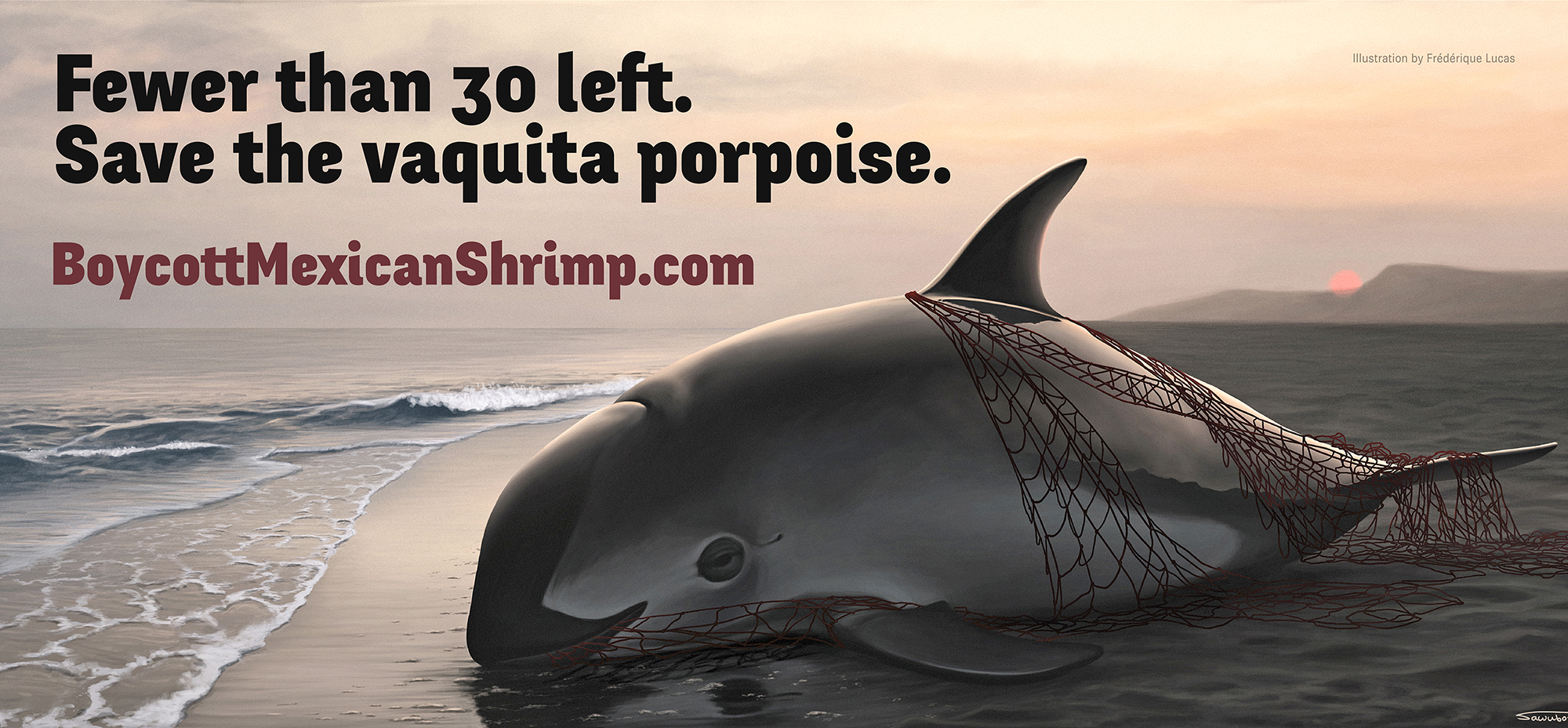

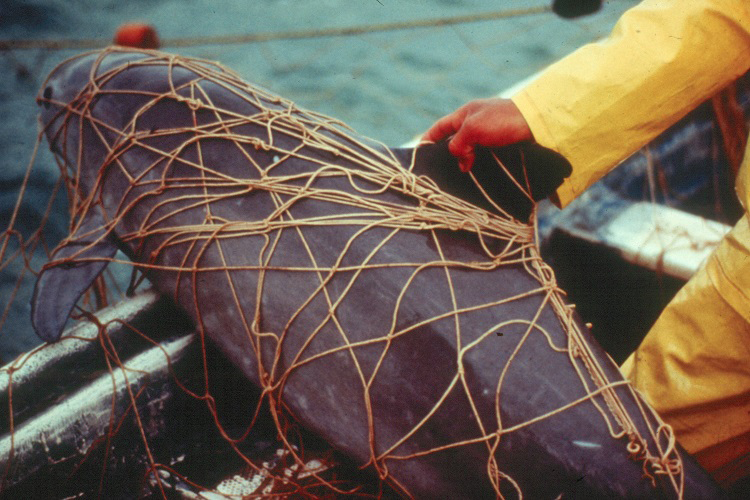 Photo of dead vaquita caught in net,
Photo of dead vaquita caught in net, 